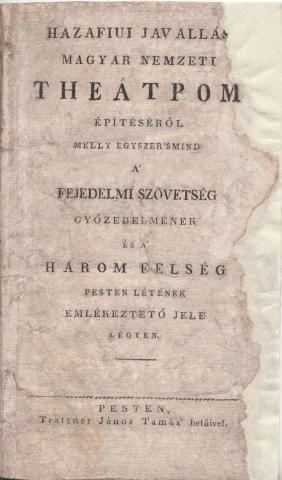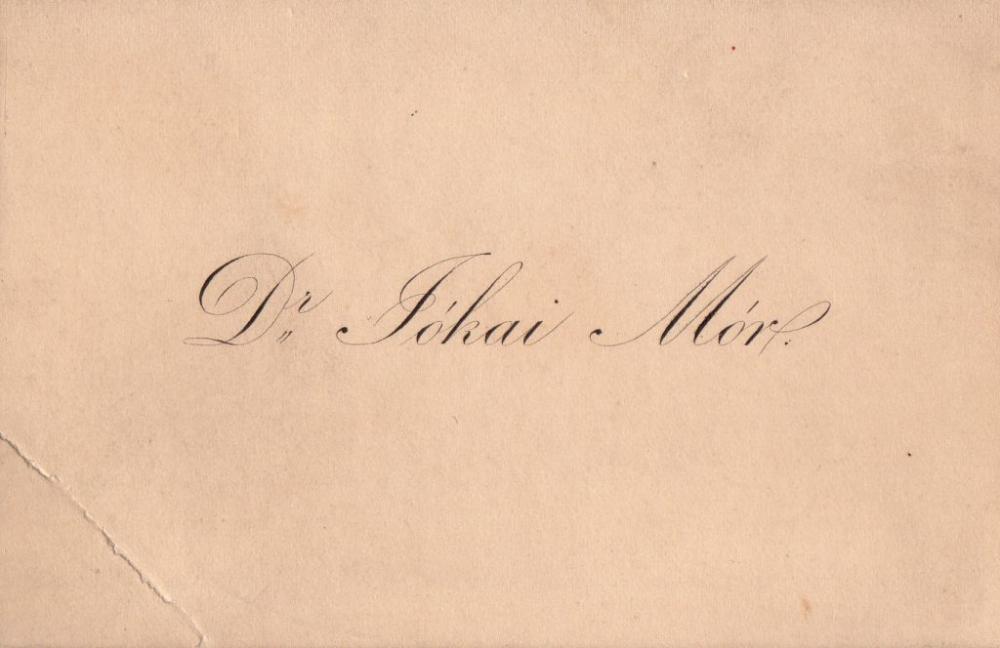Small prints usually seem to be the most insignificant items in public collections and they are not even catalogued in most places. Yet invitations for various occasions, order forms, visiting cards, etc. represent special value for many reasons. Small prints from bequests reveal systems of connections, a range of interests and sometimes a passion for collecting (there was someone who was devoted to compiling death notices). Bequests anyway project a special world, since not only objects, books or manuscripts may provide information about a person, so may seemingly insignificant but kept bookmarks, leaflets or an entrance ticket to a museum.
Value can be seen more easily in small prints with dedications, autographs or handwriting. Yet, besides interest in the person who signed it, they can reveal exciting details about events in bygone times. For example, the programme printed on an invitation for a literary event in the past may have had an item cancelled or might have included something different on the day.
Naturally, individual or rare prints are of special value within the collection. Thus, for example, the warrant in German for Sándor Petőfi or Habsburg Major General Heinrich Hentzi’s proclamation of martial law among the many documents of 1848 are of major importance.
Documents connected with certain literary societies and journals also have an important role, since they usually provide new, significant additional information due to their complexity.
We are deeply concerned with the documentation of emigrés’ lives, which is a far more difficult task (from contacting the diaspora to transporting documents to Hungary). Yet we try to actively discover the possibilities since, although they are not happenings in the distant past, they are still irreplaceable.
Imprints of historical events represented in small prints would not be included in the museum’s tasks and scope of collecting yet they are still compiled as samples.
Prints of general elections, referenda and manifestos of mass movements, etc. can supplement not only contemporary exhibitions, they may also make literary life more understandable for future researchers relying not only on the chance information of the internet.
Of the collection nearly 21,000 documents have been processed so far. Besides continuous retrospective recording, we are trying to lay due emphasis on increasing the collection especially regarding bequests, which are characteristic of the PLM.
Contact: E-mail: kutatoszolgalat@pim.hu, Telephone: + 36 1 317 3611 / 217
Az Erkel Ferenc által megzenésített Szózat kottája 1843-ból.
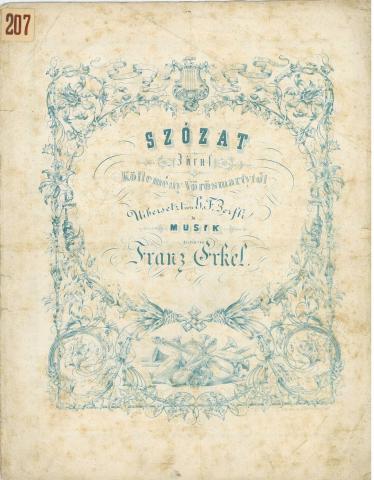
Igazságot Magyarországnak! Az Endresz György és Magyar Sándor által vezetett Justice for Hungary nevű repülőgép szórólapja 1931-ből
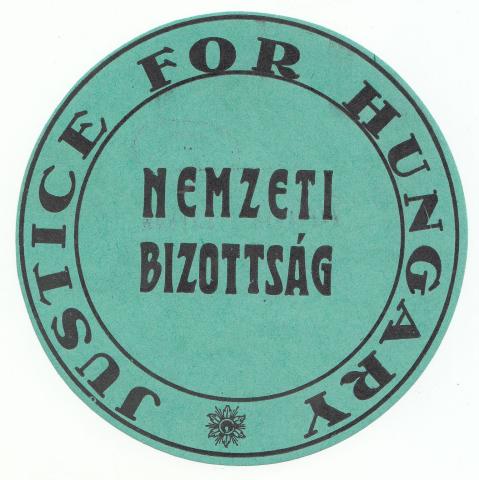
Petőfi Sándor ellen 1849-ben kiadott körözőlevél, részletes személyleírással
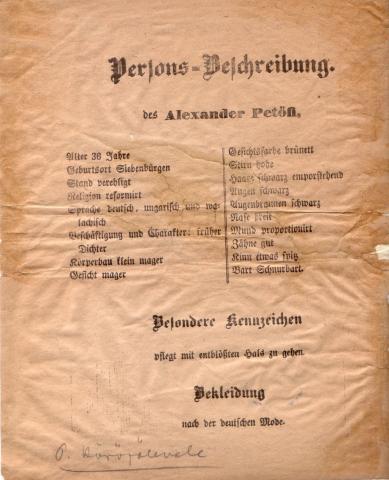
Hazafiui javallás magyar nemzeti theatrom építéséről című nyomtatvány 1814-ből
